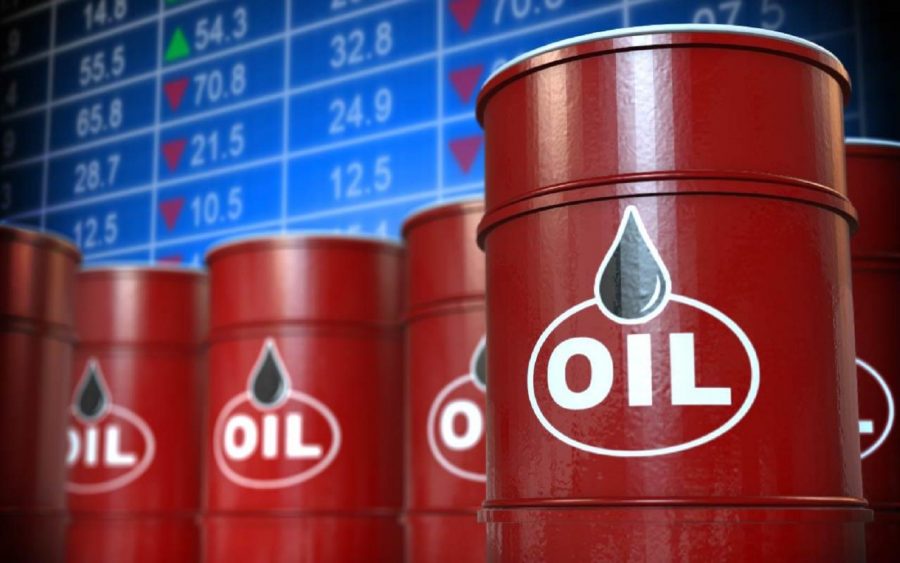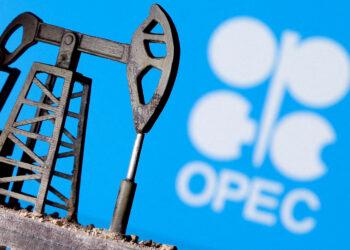Nigeria’s crude oil exports fell by a whopping 41.9% year-on-year in the first quarter of 2021. This is according to data contained in the Central Bank of Nigeria’s balance of payment report.
Nigeria received in its current account, crude oil and gas export proceeds of $6.48 billion in the first quarter of 2021 compared to $11.1 billion in the corresponding period in 2020. It also represents a 16.4% drop when compared to the $7.7 billion recorded in the 4th quarter of 2020.
Crude oil and gas export proceeds of $54.5 billion in 2019 made up about 84% of the government’s export earnings. However, crude oil and gas exports declined to $31.4 billion in 2020 as Covid-19 pandemic triggered a global economic lockdown crashing oil prices to below zero in the second quarter of 2020.
OPEC member countries have had to endure year-long collective crude oil cuts to help limit supplies, shoring up prices. While this has contributed to the stabilization of oil prices, member counties have seen their revenues plummet as they cannot push out as much volumes as they would have preferred.

Nigeria is currently pegged to an export volume of about 1.4 million barrels per day, remarkably less than the 1.8 million barrels per day production volume that it has averaged over the years and a far cry from its 2.5 million barrels per day production capacity. According to a presentation on the 2021 budget performance by Nigeria’s minister of finance, Dr Zainab Ahmed, Nigeria has abided by the OPEC+ cut despite this production capacity.
However, crude oil production is projected to increase to 1.86 million barrels per day in 2021, as economies recover from the recession, and moderated by OPEC+ quota agreements, as stated by the minister of finance.
It is worth noting that, apart from the decline in Nigeria’s crude oil production, earnings were also affected by the inability of India to buy as much crude from Nigeria.
Recall that India, the largest importer of Nigeria’s crude oil grappled with the second wave of the coronavirus pandemic earlier, which pushed the country’s economy to a standstill, causing import shortage. Meanwhile, the fear of a third wave in the country cannot be avoided as experts fear that only about 6% of the eligible population have been fully vaccinated.
With oil prices now above $75, there are calls within OPEC member countries to increase the production cuts. These calls recently caused a spat between Saudi Arabia and UAE triggering an abrupt shutdown of the meeting.
What this means
Nigeria relies majorly on crude oil exports as its major foreign exchange earner. Thus with export proceeds falling by 42%, hope for a more robust foreign exchange reserve is dimmed. Nairametrics reported that the exchange reserves fell to a 3 year low earlier in July printing at $33.3 billion.
The fall in reserves corresponds with a depreciation in the exchange rate which has now crossed the N500/$1 ceiling at the parallel market. Nairametrics analysts believe that to strengthen the exchange rate, Nigeria needs more robust reserves at least above $35 billion. This will mean a significant increase in crude oil and gas proceeds.






















